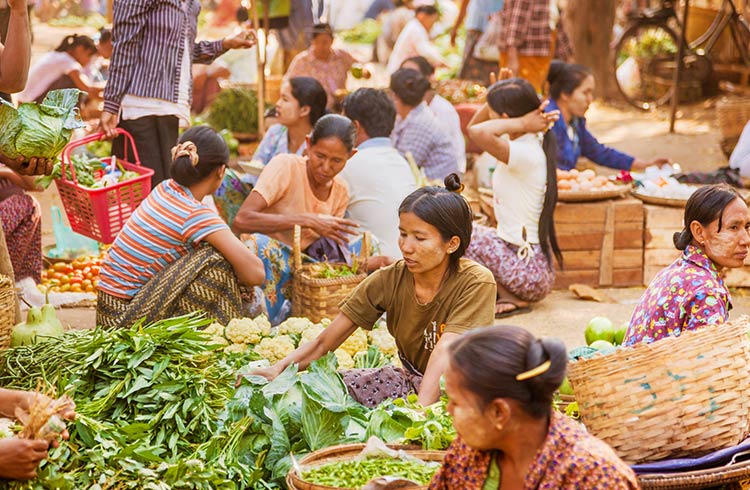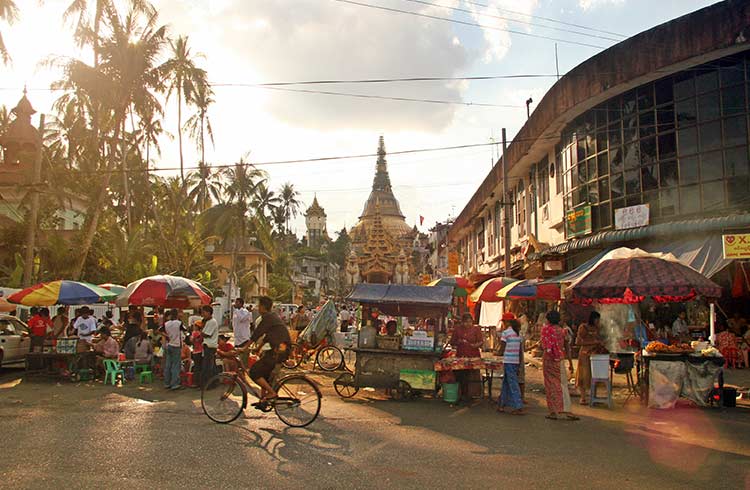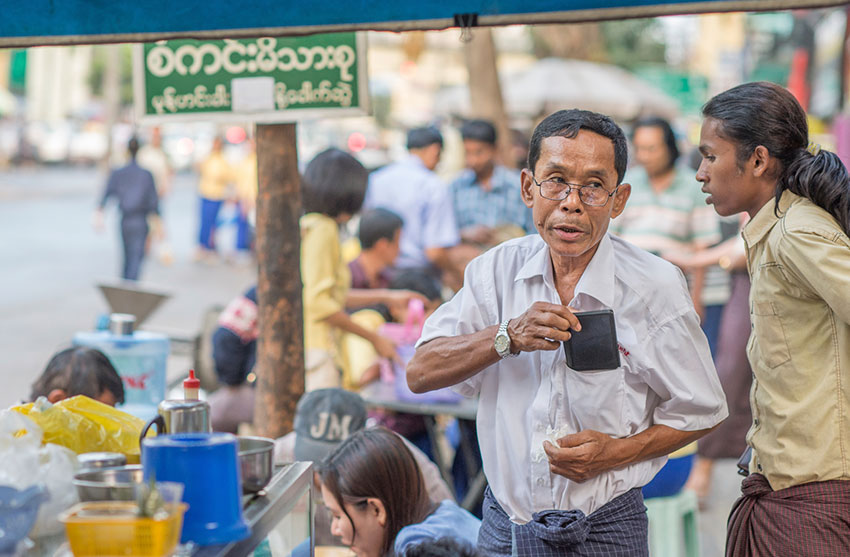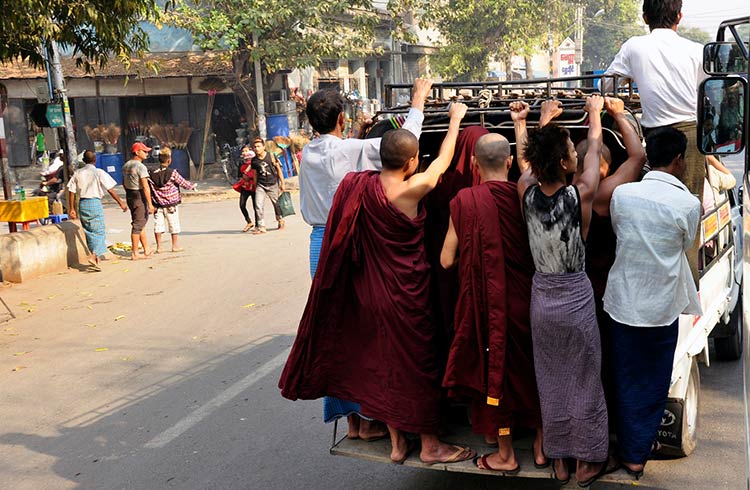How to Stay Healthy While Traveling in Myanmar
Worried about health and hygiene while traveling Myanmar? Stay healthy with these tips to avoid contaminated water or food poisoning.
 Photo © iStock/Nikada
Photo © iStock/Nikada
Years of political isolation in Myanmar may have preserved some parts of the country, but has left a few health and safety issues for travelers.
Here are a few things to consider before heading to Myanmar.
- How to stay healthy while traveling in Myanmar
- Insects, snakes, and bugs in Myanmar
- Food and water hygiene in Myanmar
1. How to stay healthy while traveling in Myanmar
As before any trip, all travelers should be up to date on their routine vaccinations. Additional vaccines or medication can be taken to prevent against some of the most common health issues in Myanmar. It’s a good idea to consult your travel doctor to see which are needed for your personal health.
Mosquitoes can carry infectious diseases such as dengue fever and malaria. Use bug spray protection (20% DEET is recommended), wear long-sleeved clothing, and sleep under a mosquito net or in an air-conditioned room.
Trekking in Burma has become a popular activity. To prevent heat stroke, dehydration, and heat exhaustion, stay hydrated by only drinking bottled water, wear sunscreen, and clothing to protect you from the sun, including a hat and sunglasses.
Air pollution is particularly bad in Yangon (the former capital city), due to the high number of cars. If you have respiratory problems or begin to feel bothered by the air, only stay for a few days or move to an air-conditioned room.
If you're feeling frisky, always use a condom, to protect against hepatitis B and HIV.
Finding reliable healthcare is difficult in Myanmar, and local healthcare facilities should only be used as a last resort. Your best chance will be in Yangon, but you'll be better off over the border. Travel with any medications from home, and avoid buying over the counter medication in Myanmar altogether.
2. Insects, snakes, and bugs in Myanmar
Approach all animals with caution, including dogs. It’s best to not touch them, as you have no idea how they will react.
Rabies is common and is usually caused by a bite from an infected dog or monkey. Get pre-travel vaccinations, but if you are bitten, you’ll need to be treated immediately.
Some of the snakes in Myanmar are venomous, while others are completely safe. Avoid touching snakes if you come across them, and wear tall boots and long pants when in rural parts of the country.
Ticks and leeches can also be avoided with the same precautions. Check your mattress for bed bugs along the seams after turning on the light, and before placing any of your belongings on the bed, or sleeping in it.
While there are jellyfish in Burmese waters, most are not harmful.
3. Food and water hygiene in Myanmar
Travelers most commonly become sick due to diseases spread through food and water. Luckily, there are a few simple ways to make sure you stay healthy and avoid contracting food and water diseases – such as hepatitis A and E, typhoid, and the common traveler’s diarrhea.
Avoid drinking tap water, and ice cubes. Buy only sealed bottled water, which is cheap in Myanmar. Some fresh juices may also contain contaminated water.
There is no reason to completely avoid street food stalls, as food is usually cooked to order in front of you. But use caution when food has been sitting around, such as in a buffet. Only eat fruit that has a skin that can be peeled, and vegetables that have been cooked.
Related articles
Simple and flexible travel insurance
You can buy at home or while traveling, and claim online from anywhere in the world. With 150+ adventure activities covered and 24/7 emergency assistance.
Get a quote


No Comments